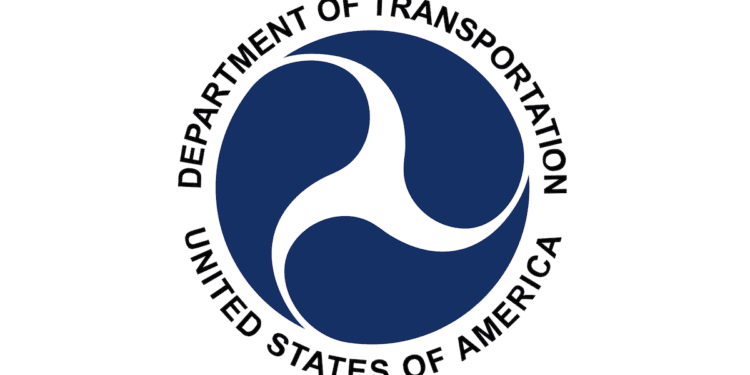DOT 375 Exemption & Special Authorization: Why non-U.S. operators may need it and how to apply

Non-U.S. registered operators conducting non-scheduled commercial / charter operations require authorization from the Department of Transport (DOT).
In 2023, the DOT made changes that now require pre-flight notification for all flights.
In this article we’ll explain everything you need to know about the DOT 375 exemption and special authorization and when it is required.
DOT 375 Exemption (Who needs it)
A DOT 375 Exemption is a mandatory operating requirement for ALL non-U.S. based non-scheduled commercial or charter operators. This is an additional requirement other than APIS and the TSA waiver.
A DOT 375 Exemption allows these operators to conduct up to 12 flights into the U.S. in a 12-month period.
DOT Exemption Changes in 2023 – Preflight Notification Now Mandatory
In March 2023, DOT began requiring all operators who hold a 375 Authorization to submit a preflight FAA notification for all flights. This notification is to be sent to the FAA via email and must include the information specified in this attached notice (page 2 of 5). This information should be sent as soon as possible prior to the operation of the flight.
DOT 375 Exemption Benefits
With a current DOT 375 Authorization, operators can avoid regulatory fines and potential trip delays, and save themselves administrative burden and uncertainty for U.S. operations.
DOT 375 Exemption Duration
Once approved, your Special Authorization exemption is valid for 12 months for all aircraft listed on the approval. Renewal processing usually takes 30 days, but apply early in case of processing delays and to avoid a lapse in coverage
DOT 375 Exemption Application Process
Applications are submitted directly to U.S. Department of Transportation Office of the Secretary, Office of International Aviation Foreign Air Carrier Division.
Exceeding the 12-flight cap under the DOT 375 Special Authorization
This authorization only allows up to 12 flights to the U.S. An operator that feels they will exceed that threshold would need to apply to both the DOT 375 authorization and the FAA Part 129 Operations Specifications.
Universal’s Global Regulatory Services Team can help
While this regulatory requirement has been in effect for some time, the DOT has relied on self-reporting for compliance. Our Global Regulatory Team understands the process and can help streamline your application or renewal, make sure you avoid lapses in coverage, and manage the on-going DOT Reporting requirement, including notifying DOT of any upcoming trips on your behalf.
For more information contact our Global Regulatory Services team.




